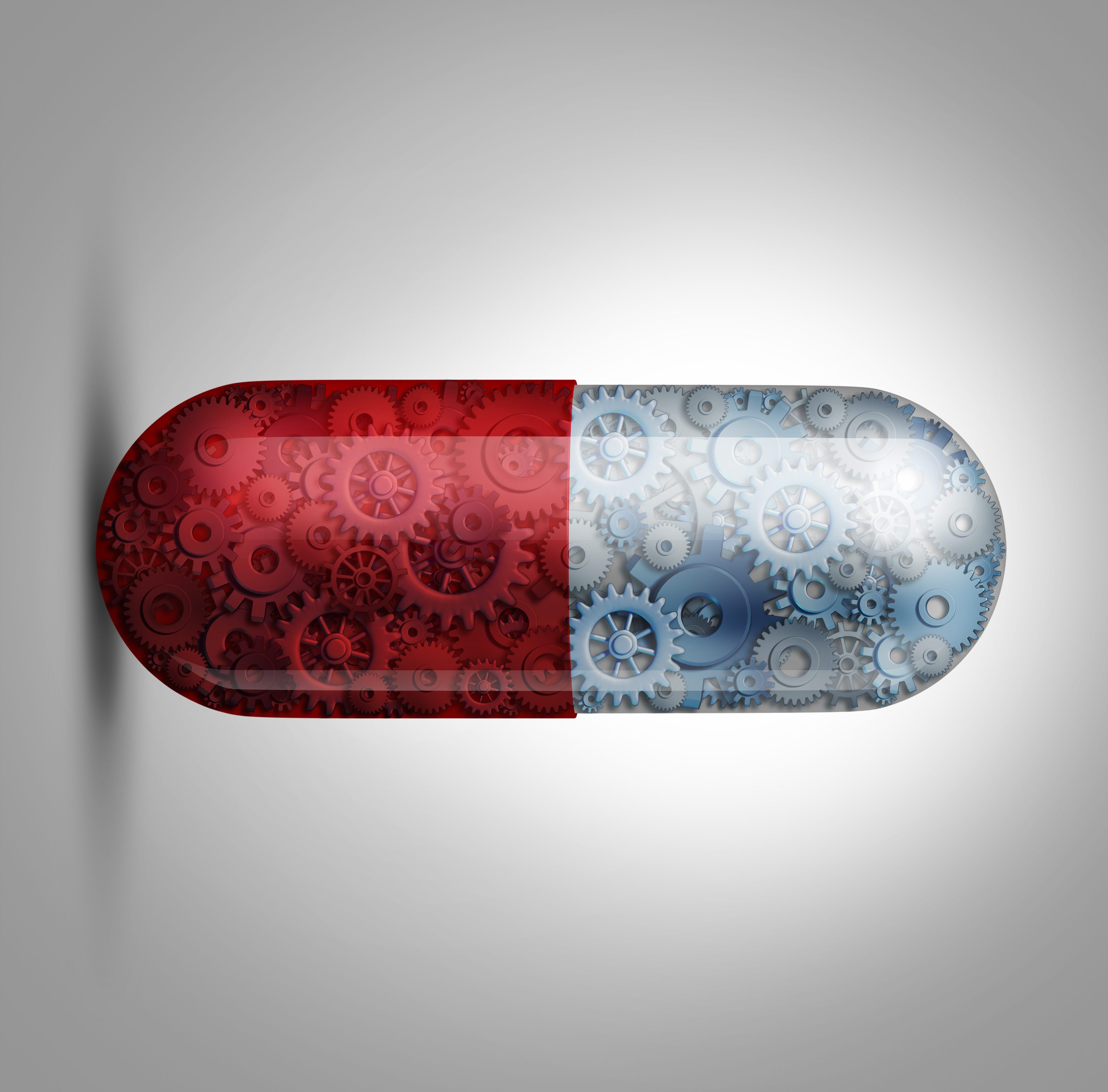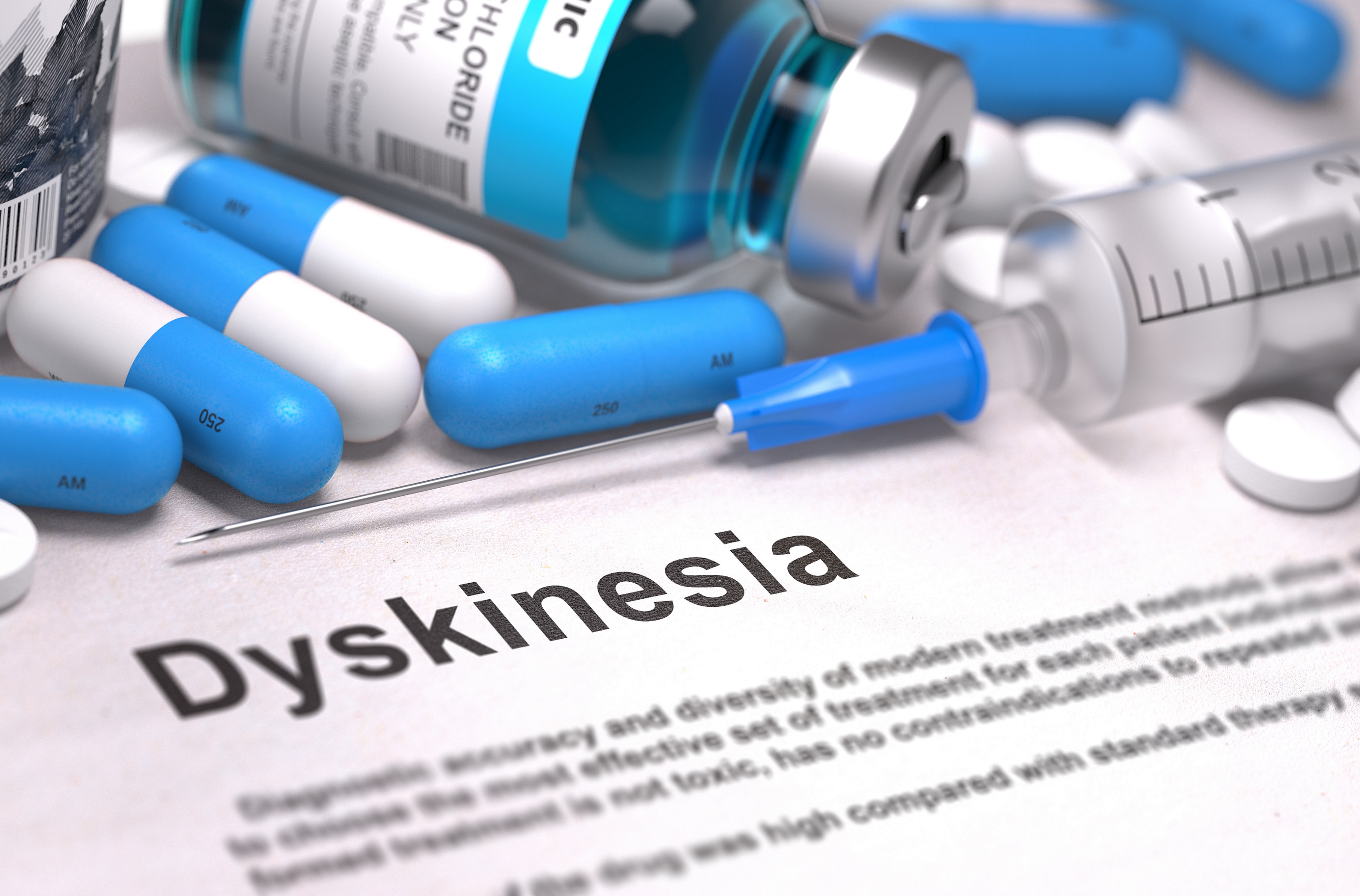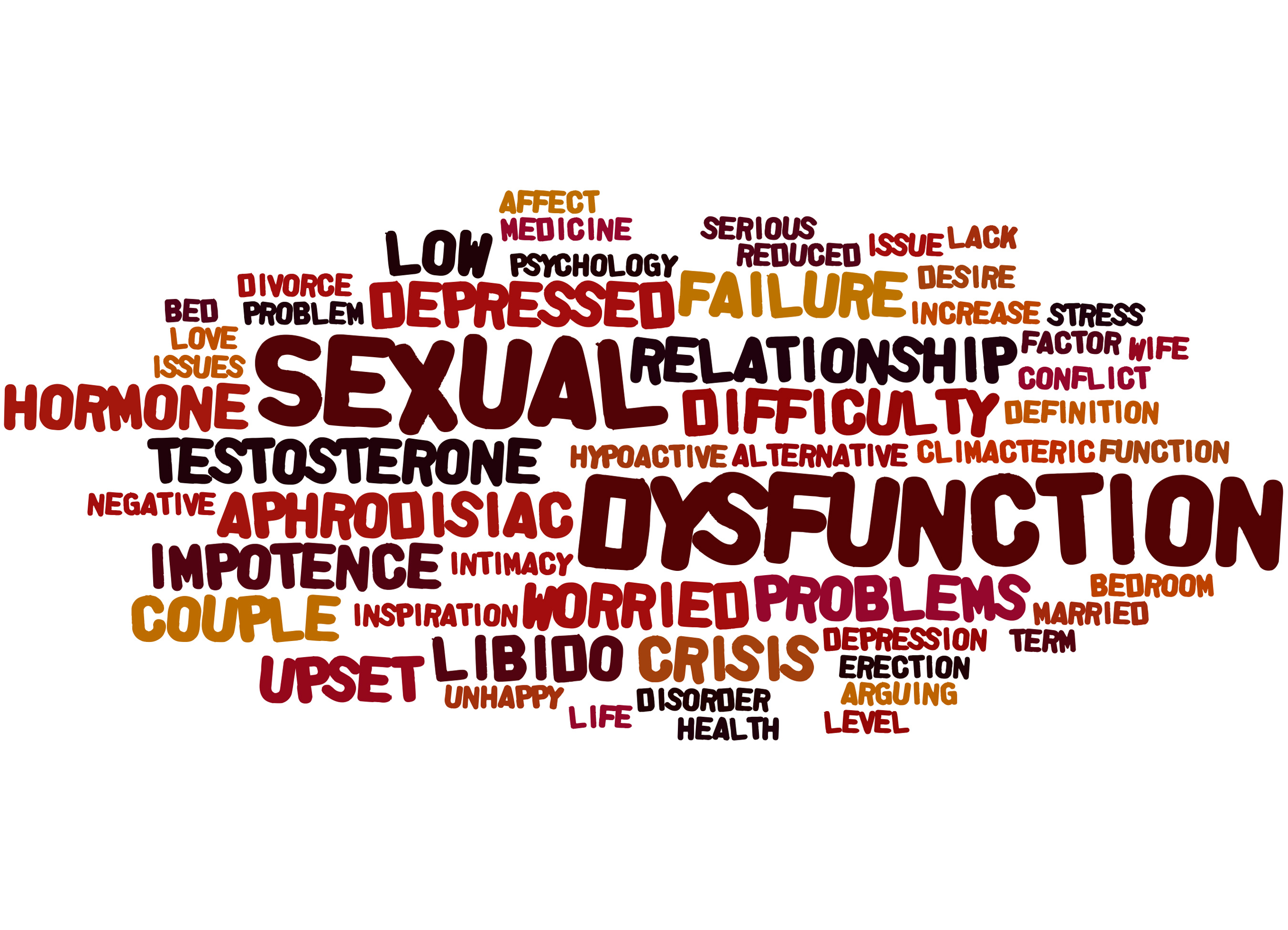Medications for specific symptoms and populations
This category provides information on medications for specific symptoms and specific populations of people with schizophrenia.
Click on the tabs below to access this information.
Image: © siro46 – stock.adobe.com

Medications during pregnancy and breastfeeding
What are the issues regarding antipsychotic treatment during pregnancy and motherhood? Antipsychotic use during pregnancy requires careful consideration of the mother’s risk of illness relapse, against the risk of harm or complications for the mother and developing infant if medication is to be continued. What is the evidence for the use of antipsychotics during pregnancy and breastfeeding? High quality evidence finds a small, increased risk of gestational diabetes mellitus during pregnancy with antipsychotic use (first or second generation). Moderate quality evidence suggests a small increased risk of heart defect or lower birth weight in infants, and a small increased risk…

Medications for aggression and agitation
How is aggression and agitation relevant to schizophrenia? Agitation and/or aggression are sometimes observed during a psychiatric emergency such as in onset of acute psychosis. Agitation typically includes irritability and restlessness, motor or verbal hyperactivity, uncooperativeness, and occasionally aggressive gestures or behaviour. This can pose a risk both to the individual, as well as the attending health care professionals, and so is important to manage this behaviour and prevent potential harm. What is the evidence for treatments for aggression and agitation? Moderate quality evidence found a small to medium-sized effect of less hostility with second-generation antipsychotics compared to first-generation antipsychotics,…

Medications for best adherence
What is the importance of medication adherence? One-quarter to one-half of people with schizophrenia do not adhere to their medication. Non-adherence to maintenance treatments, including antipsychotics, is a widespread issue that plagues clinical management for schizophrenia. It reduces the success of the treatment regimen and the ability to achieve remission from illness, but it also increases the burden for psychotic relapse treatments, emergency admissions and hospitalisation. Greater adherence to treatment can contribute not only to more successful disease management and better quality of life, but also to improved attitudes towards treatment and medication, as well as increasing insight and confidence. In…

Medications for childhood and early-onset schizophrenia
What is childhood and early-onset schizophrenia? Childhood-onset schizophrenia is defined as schizophrenia with onset prior to the age of 13 years, and early-onset schizophrenia describes schizophrenia onset between the ages of 13 and 17 years. What is the evidence for pharmaceutical treatments for childhood and early-onset schizophrenia? Compared to first-generation antipsychotics, moderate quality evidence finds a small to medium-sized benefit of second-generation antipsychotics for global and mental state in children and adolescents with schizophrenia. There was greater improvement with standard dose than low-dose antipsychotics, although there are more side effects with standard doses. Moderate quality evidence finds clozapine was the…

Medications for cognitive symptoms
What are cognitive symptoms in schizophrenia? Cognitive symptoms of schizophrenia have been found in all cognitive domains, including executive function, memory, and attention, and often develop prior to the other symptoms of schizophrenia. They are highly disabling and predict poor functional outcomes. What is the evidence for treatments for cognitive symptoms? Overall, moderate to high quality evidence suggests second-generation antipsychotics are associated with small improvements in processing speed, verbal fluency, learning, motor skills, long-term memory, and global cognition when compared to first generation antipsychotics, but have no benefit over first generation antipsychotics for improving attention, cognitive flexibility, working memory, delayed…

Medications for constipation
How is constipation relevant to people with schizophrenia? Constipation is a common side effect of antipsychotic medications, particularly clozapine, and occurs when bowel movements are infrequent and difficult to pass. Adjunct medications prescribed to treat side effects such as constipation may contribute to increasing adherence to antipsychotics which can reduce the risk of psychotic relapse. What is the evidence for treatments for antipsychotic-induced constipation? Moderate to low quality evidence suggests tuina massage or acupuncture are more effective than glycerol laxative suppository, and mannitol is more effective than rhubarb soda or phenolphthalein for relief of constipation caused by antipsychotics. There were…

Medications for depressive symptoms
How is depression relevant to people with schizophrenia? Depression is characterised by a depressed mood and/or a loss of interest or pleasure in activities. Symptoms of depression include changes in appetite, weight, sleep, and psychomotor activity, decreased energy, blunted affect, social withdrawal, difficulty concentrating or making decisions, feelings of worthlessness, hopelessness and guilt, and thoughts of suicide. As many symptoms are common to both depression and the negative syndrome of schizophrenia it can be difficult to identify a comorbid depressive illness in people with schizophrenia. Identifying and treating a comorbid depressive illness may increase the likelihood of recovery from psychosis…

Medications for dual diagnosis
What is dual diagnosis? Dual diagnosis is the term used for people with both a mental illness like schizophrenia and substance use disorders. Studies targeting this population often investigate outcomes relating to both diagnoses, such as symptoms, substance use, social function, quality of life, and cognitive outcomes. What is the evidence for medications for dual diagnosis? Moderate to low quality evidence suggests olanzapine was superior to perphenazine, quetiapine, risperidone, and ziprasidone for overall symptoms in people with a dual diagnosis. Olanzapine was superior to perphenazine, quetiapine, and ziprasidone for positive symptoms, and olanzapine was superior to perphenazine, risperidone, and ziprasidone…

Medications for elderly people and people with late-onset schizophrenia
What is late-onset schizophrenia? Studies of the life course of schizophrenia suggest that positive symptoms tend to reduce with time, while negative symptoms, such as social withdrawal and emotional apathy, increase with time. In contrast, people with late-onset schizophrenia (onset after 40 years of age) and very late-onset schizophrenia (onset after 60 years of age) tend to have predominant positive symptoms and fewer negative symptoms. This summary table includes both elderly people with chronic schizophrenia, and people who have been diagnosed with late-onset or very late-onset schizophrenia. What is the evidence for medications for older people with schizophrenia? Moderate to…

Medications for first-episode psychosis
What is first-episode psychosis? People with a first episode of psychosis experience distressing symptoms such as unusual beliefs or abnormal behaviour (positive symptoms) and/or withdrawal or loss of interest in work or school (negative symptoms). Early intervention programs for schizophrenia and psychosis often combine many elements comprising both pharmaceutical and psychosocial therapies, and may involve enriched therapies that are tailored to an individual’s needs. The conclusions presented here are based on group data, and as such individual treatment programs need to be tailored by trained clinicians. Individual response to treatment can vary in terms of both symptoms and adverse effects….

Medications for hyperprolactinemia
What is hyperprolactinemia? One potential side effect of antipsychotic use is hyperprolactinemia, which can disrupt sex hormones and the production and flow of breast milk, and can cause infertility and erectile dysfunction in men. Hyperprolactinemia is caused by blocking of the D2 dopamine receptor at the anterior lobe of the pituitary gland, resulting in high prolactin levels. As different antipsychotics have different actions, they also differ in the degree to which they affect prolactin levels. What is the evidence for medications for hyperprolactinemia? Moderate quality evidence shows a benefit of adjunctive metaformin for reducing serum prolactin levels in people with…

Medications for hypersalivation
What is hypersalivation? Antipsychotic medications such as clozapine and olanzapine, among others, may induce excessive (hyper) salivation, which can be uncomfortable and embarrassing as well as increasing the risk of aspiration pneumonia. Various pharmacological approaches have been used to try and alleviate this problem. Adjunctive medications prescribed to treat such side effects may contribute to increasing adherence to antipsychotic medications, which reduces the risk of psychotic relapse. What is the evidence for adjunctive medications to relieve hypersalivation? Moderate quality evidence finds the antimuscarinic propantheline can reduce hypersalivation, but it causes more constipation than placebo. The antihistamine diphenhydramine can also reduce…

Medications for movement disorders
What are movement disorders in schizophrenia? Movement disorders and extrapyramidal symptoms are common side effects of many antipsychotic medications. They can also be apparent in people with schizophrenia who are have never taken antipsychotic medications and in their relatives. Extrapyramidal symptoms include tardive dyskinesia, a severe and chronic condition involving repetitive, involuntary movements, most commonly occurring around the mouth and face. Akathisia is characterised by a feeling of restlessness and movements such as shuffling of the legs, pacing, rocking from foot to foot, or the inability to sit down or stand still. Dystonia involves muscular spasms and abnormal postures. Medications…

Medications for negative symptoms
What are negative symptoms of schizophrenia? Negative symptoms are referring to an absence of normal functions. This may include (but is not limited to) blunted affect, which is a scarcity of facial expressions of emotion, reduced frequency and range of gestures and voice modulation, and restricted eye contact; alogia (poverty of speech); asociality (reduced social interaction); avolition (reduced motivation and often poor hygiene) and anhedonia, which is reduced experience of pleasure. What is the evidence on medications for negative symptoms? Moderate to high quality evidence finds medium-sized effects of greater improvement in negative symptoms with clozapine, zotepine, amisulpride, olanzapine, perphenazine,…

Medications for relapse prevention
What is relapse prevention for schizophrenia? Studies have shown that about 80% of patients relapse to psychosis within 5 years of initial diagnosis. Antipsychotic drugs have played a central role in the treatment of schizophrenia for more than 50 years and antipsychotic use significantly reduces the risk of relapse. What is the evidence for relapse prevention? High quality evidence shows a small benefit of specialist first-episode psychosis programs (involving both psychosocial and pharmaceutical treatments) for reducing the risk of relapse and less all-cause discontinuation of treatment compared to treatment as usual. These programs may also reduce the length of hospital…

Medications for schizoaffective disorder
We have not found any systematic reviews specifically targeting pharamceutical treatments for schizoaffective disorder, as most studies on schizophrenia also include people with schizoaffective disorder. Please see the schizoaffective disorder diagnosis topic for related information. Pending enough primary studies, we invite reviews on this topic to be conducted. Alternatively, we will endeavour to conduct our own review to fill this gap in the Library. March 2019 Image: ©shidlovski – stock.adobe.com

Medications for sexual dysfunction
How is sexual dysfunction relevant to schizophrenia? One side effect of some antipsychotic medications is sexual dysfunction. Sexual dysfunction can take many forms, affecting both men and women, and can have far-reaching implications on self-esteem, quality of life, and relationships. It also considerably reduces medication compliance. Adjunct medications prescribed to treat such side effects increases adherence to antipsychotic medications, which can reduce the risk of psychotic relapse. What is the evidence on adjunctive medications for sexual dysfunction? Moderate to low quality evidence suggests sildenafil may improve sexual functioning in males with schizophrenia. October 2020 Image: ©kalpis – stock.adobe.com

Medications for sleep disturbance
What is sleep disturbance in people with schizophrenia? Typically, sleep follows a characteristic pattern of four stages, where stage 1 is a state of drowsiness and early sleep, stage 2 comprises the largest component of the sleep cycle and is the first complete loss of awareness of the external environment, stage 3 is a deep slow-wave sleep, and the fourth stage is rapid eye movement (REM) sleep where muscle paralysis and memorable dreaming occurs. Sleep disturbances include changes in sleep time, sleep latency (the length of time it takes from full wakefulness to sleep) and sleep efficiency (the amount of…

Medications for smoking cessation
How is smoking related to schizophrenia? Tobacco smoking is very common among people with schizophrenia, who often show particularly heavy usage. This poses considerable health risks, may interfere with antipsychotic medications and may place a financial burden on the individual. Heavy cigarette use may contribute to the increased mortality and reduced life expectancy reported within the schizophrenia population. What is the evidence for medications for smoking cessation? Moderate quality evidence finds medium-sized effects of more smoking cessation with bupropion or varenicline than with placebo, assessed at 3-month follow-up. Varenicline also reduced the number of cigarettes smoked per day and resulted…

Medications for social functioning
What are social functioning medications? Poor social and interpersonal skills can prevent people from interacting effectively with other people. Antipsychotics can improve the symptoms of schizophrenia, and can also improve social functioning. What is the evidence for medications for social functioning? Moderate to high quality evidence (in order of descending effects, first being best), found improvements in social functioning with thioridazine, olanzapine, paliperidone, quetiapine, lurasidone, and brexpiprazole compared to placebo. There were no improvements in social functioning with aripiprazole, sertindole, amisulpride, ziprasidone, flupentixol, and risperidone For side effects (in order of first being best), there was a large effect of…

Medications for treatment-resistant schizophrenia
What is treatment resistance? Antipsychotic medications provide symptom respite and improvement in quality of life for many people with schizophrenia. However, for a subset of people with schizophrenia, antipsychotic medications do not provide adequate relief from symptoms. Treatment-resistant schizophrenia has many definitions that vary depending on the individual study, but a broad definition includes those patients whose symptoms have not responded to antipsychotic medications, or only partially responded. What is the evidence for treatment resistance? Moderate to high quality evidence finds a general pattern of superiority of clozapine, olanzapine or risperidone over other antipsychotics for improving symptoms in people with…

Medications for weight gain
How is weight gain relevant for people with schizophrenia? Many antipsychotic medications are associated with weight gain, and various pharmacological approaches have been investigated for this problem. Effective adjunctive pharmaceutical treatments for side effects such as weight gain increase adherence to antipsychotic medications and reduces the risk of psychotic relapse. What is the evidence for adjunctive medications for weight reduction? Moderate quality evidence finds a benefit of adjunctive metformin for reducing weight in adults and children with schizophrenia. Moderate to low quality evidence finds more weight reduction with metformin plus lifestyle intervention than placebo (less 5.05kg), metaformin alone (less 1.5kg)…

Therapies and medications for high-risk groups
What are high-risk groups? A key target of early intervention is “indicated prevention” for individuals at high risk of psychosis who have been identified with early signs of the disorder, but do not meet any diagnostic criteria. There are two key approaches for identifying people with early signs. The first approach is based on Huber’s Basic Symptoms, which focuses on a detailed way of describing phenomenological (subjective) disturbances in the domains of perception, cognition, language, motor function, will, initiative and level of energy, and stress tolerance. Because the basic symptoms refer only to subtle subjectively experienced abnormalities, they may reflect…
Green - Topic summary is available.
Orange - Topic summary is being compiled.
Red - Topic summary has no current systematic review available.
